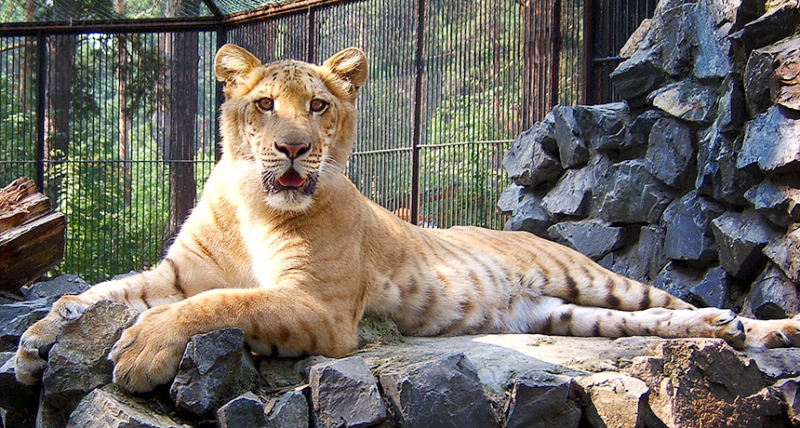
This is what they determined happened a million years ago when the different species of fish mixed together when Lake Mweru was formed, sparking the evolution of 40 new species of fish.ĭr Meier explained: "To diversify into different species, the cichlid fish needed the ecological opportunity provided by the new habitats of Lake Mweru, formed one million years ago, which is still considered to be recent in evolutionary terms! That more than 40 species utilising different food resources and habitats could evolve so rapidly is highly unusual. They also found that when the light conditions are poor, the females could not distinguish between males of their own species or from other species because they could not see their colours properly. They are primarily freshwater fish and the majority of species are African, appearing in great diversity in the major African lakes where this 10-year study took place.įemale cichlid fish choose their partner and in mating ritual tests in the lab, the team of international scientists discovered that under certain circumstances the females would choose a male from different species that had similar colouring to males from their own species.

There are more than 1300 species of cichlids and many are popular aquarium fish. Expecting them to mate outside of their own species is like expecting a horse to mate with a cat because they both have four legs and a tail.įossil records show fish have existed for more than 500 million years which makes them very old on the evolutionary scale. But there are 30,000 different species of fish and many of them are markedly different from each other. Many people assume fish are all the same species because they all live in water. Some newly discovered fish are predators with large teeth, which we named 'large-tooth serranchromines'." Some feed on insect larvae, others zooplankton or algae. "The new species of cichlids adapted to use all the available food resources in the lake. They discovered more than 40 new species in Lake Mweru, which formed around one million years ago.ĭr Joana Meier, an evolutionary biologist at St John's College, University of Cambridge, and lead author of the research published today (December 3 2019) in Nature Communications, said: "We found a dazzling variety of ecologically diverse new species - called radiations - that were previously unknown.

The group studied 2000 fish and analysed the DNA of more than 400 cichlid fish from two freshwater lakes in East Africa. Such 'mistakes' in mate choice can lead to the evolution of new species, an international team of scientists found.


 0 kommentar(er)
0 kommentar(er)
